Bekir Z. Demiray
Towards Generalized Hydrological Forecasting using Transformer Models for 120-Hour Streamflow Prediction
Jun 11, 2024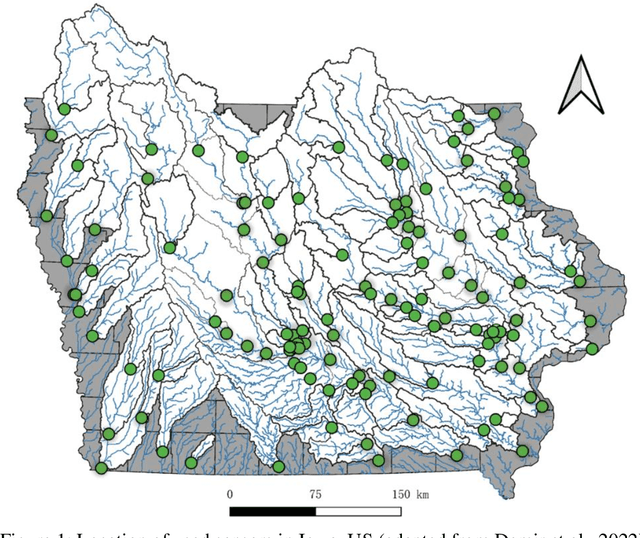
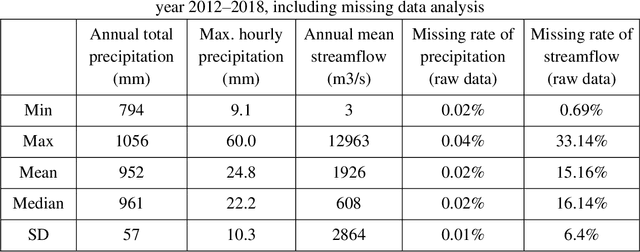
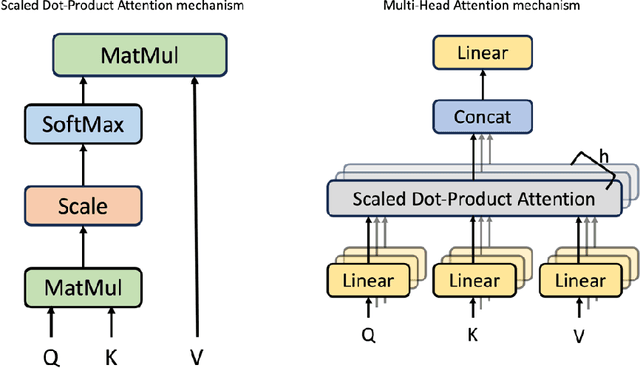

Abstract:This study explores the efficacy of a Transformer model for 120-hour streamflow prediction across 125 diverse locations in Iowa, US. Utilizing data from the preceding 72 hours, including precipitation, evapotranspiration, and discharge values, we developed a generalized model to predict future streamflow. Our approach contrasts with traditional methods that typically rely on location-specific models. We benchmarked the Transformer model's performance against three deep learning models (LSTM, GRU, and Seq2Seq) and the Persistence approach, employing Nash-Sutcliffe Efficiency (NSE), Kling-Gupta Efficiency (KGE), Pearson's r, and Normalized Root Mean Square Error (NRMSE) as metrics. The study reveals the Transformer model's superior performance, maintaining higher median NSE and KGE scores and exhibiting the lowest NRMSE values. This indicates its capability to accurately simulate and predict streamflow, adapting effectively to varying hydrological conditions and geographical variances. Our findings underscore the Transformer model's potential as an advanced tool in hydrological modeling, offering significant improvements over traditional and contemporary approaches.
Integrating Generative AI in Hackathons: Opportunities, Challenges, and Educational Implications
Feb 01, 2024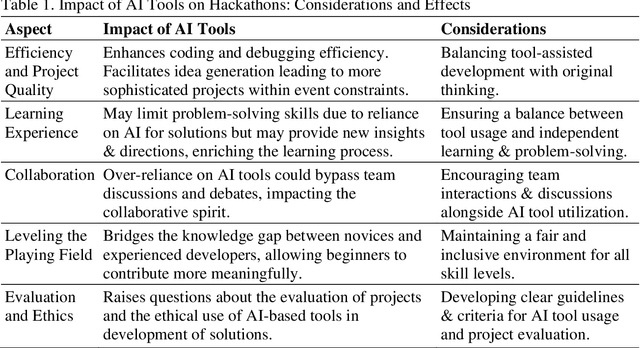
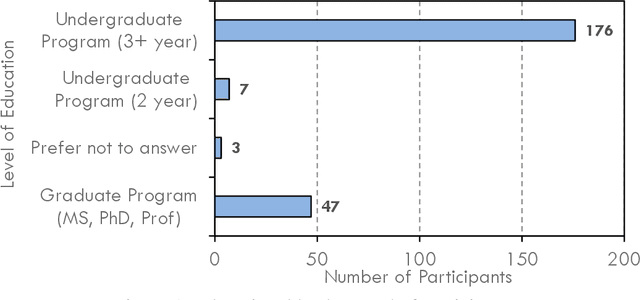

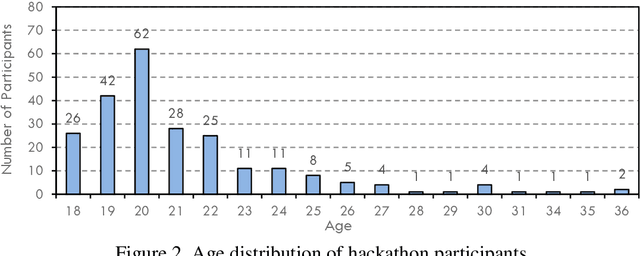
Abstract:Hackathons and software competitions, increasingly pivotal in the software industry, serve as vital catalysts for innovation and skill development for both organizations and students. These platforms enable companies to prototype ideas swiftly, while students gain enriched learning experiences, enhancing their practical skills. Over the years, hackathons have transitioned from mere competitive events to significant educational tools, fusing theoretical knowledge with real-world problem-solving. The integration of hackathons into computer science and software engineering curricula aims to align educational proficiencies within a collaborative context, promoting peer connectivity and enriched learning via industry-academia collaborations. However, the infusion of advanced technologies, notably artificial intelligence (AI), and machine learning, into hackathons is revolutionizing their structure and outcomes. This evolution brings forth both opportunities, like enhanced learning experiences, and challenges, such as ethical concerns. This study delves into the impact of generative AI, examining its influence on student's technological choices based on a case study on the University of Iowa 2023 event. The exploration provides insights into AI's role in hackathons, and its educational implications, and offers a roadmap for the integration of such technologies in future events, ensuring innovation is balanced with ethical and educational considerations.
 Add to Chrome
Add to Chrome Add to Firefox
Add to Firefox Add to Edge
Add to Edge